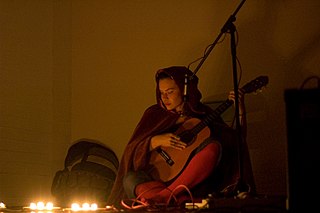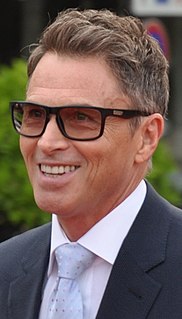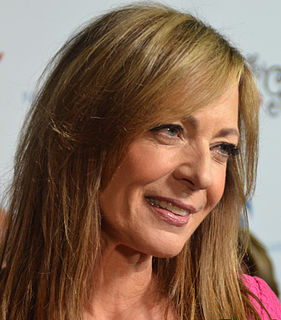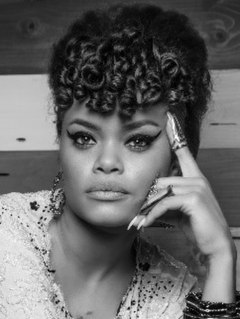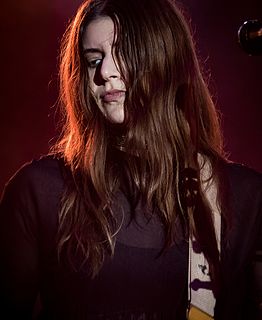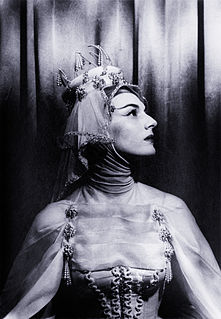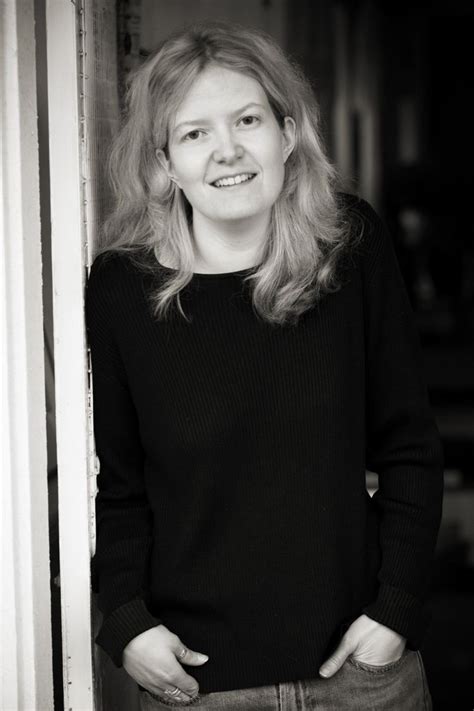A Quote by Miley Cyrus
Ever since I was little, people would always make jokes about my low voice. But I think it's so cool that you don't have to have the picture-perfect, girly voice to do an animated film. I think it's great for kids with different voices to know that they could do something like this.
Related Quotes
I left film because I felt that photography was my art. It was something I could do on my own, whereas film was so collaborative. I thought as a photographer I could make something that was artistic and that was mine, and I liked that. And it wasn't until I got back into film and I have very small crews and I could do very tiny filmmaking that wasn't 100 people that I still felt that I was making something artistic as a filmmaker. So, you know, I'm an artist, and whether it's photography or film, I want my voice to be there and I think my voice is very strong in this film.
I've always been curious about people's psychedelic experiences, and I kind of had this assumption that I was going to have some kind of crazy mindblowing psychedelia thing happening, but actually, it was very quiet, and I didn't have any hallucinations at all. Nothing changed, except that suddenly I could hear the voice of my conscience, which I didn't ever think of as being a real voice. And ever since having that experience, I've had that voice in my head and followed it occasionally.
I am interested in levels of brain discourse. How articulate are the voices in your head? You know, there's a different voice for the phone, and a different voice if you're talking in bed. When you're starting off with a narrator, it's interesting to think, where is their voice coming from, what part of their brain?
Every once in a while, someone comes up to me and says, "Excuse me, are you Tim Daly?" And I say yes and they say "I have to tell you, I am such a huge fan of yours, and my favorite work of yours is the voice of Superman." I'm always sort of surprised when that happens - I used to think that it was all about the kids watching those animated shows, and who did the voices didn't really enter their consciousness. But there are people that it means a lot to and I'm always a little bit taken aback by that. And I'm thrilled when that happens.
I would very honestly just tell you that what I tried to do was simply respond to inquiries from people as they came in. Where I've thought I could say something useful, I've tried to add a voice that was, frankly, a dissident voice earlier on, but one that I think has become a more mainstream voice-and not because I've shifted. I think that the critique I had of what was going on in our financial system from six, eight years ago-after seeing some of what we've suffered through and even since the cataclysm itself-in terms of the structural changes.
I do think that animated films have the ability to touch you someplace. There is something about live action movies that is different because we know the characters are real people, so they always stay flawed for us somehow. But animated films touch us in a very clear, uncomplicated place. They have that ability. And an animated character can make an expression in a way humans can't do.
Sometimes I need silence; sometimes I need voices around - but not too loud or distinctive. I guess it depends on the piece in question, what stage I'm in. I think some voices can help me not to try too hard - especially at the beginning stages. Does that make sense? By some voice I mean, low chatter in the room. When there's low chatter in the room, I'm a little more relaxed, my mind might be a little more open.



